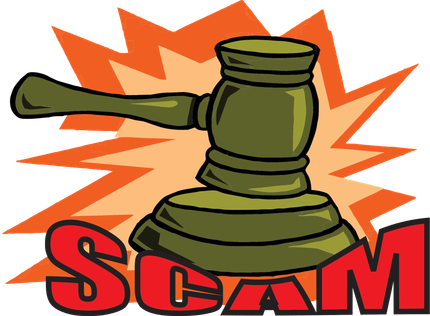I HAVE A BRIDGE TO SELL YOU
I HAVE A BRIDGE TO SELL YOU
Almost everyone has heard the story of the famous con man, George C. Parker, sold not only the Brooklyn Bridge multiple times, but also Grant’s tomb, the Statue of Liberty, the Met and probably a number of other landmarks located in New York City. Of course, he never owned any of them.It has been reported that Parker used forged documents to convince his marks to buy the bridge and other “properties”. However, believe it or not, Mr. Parker could have legally sold the Brooklyn Bridge, or at least his interest in the Brooklyn Bridge, which was zero. How is that possible?
In real property law, most states have three major types of deeds: a warranty deed, a special warranty deed and a quit claim deed. In most property transactions, a warranty deed is conveyed from the seller to the buyer. When using a warranty deed, the seller warrants that he has ownership and title in the property he is selling to the buyer. In many states, that warranty deed is backed up with a title insurance policy, where the title insurer ensures the warranty deed to be correct. The title company can do this because it does thorough research of the recorded title documents in the recorder of deeds office. After doing the research and finding that there are no outstanding liens on the property, other than those that are recorded, such as a mortgage, the title company can ensure the title is free and clear after any encumbrance, such as a mortgage, is paid off. In that case, the buyer can be confident that the hundreds of thousands of dollars or more that he may have spent to buy the property actually bought the property and full title to it.
However, a quit claim deed, which is sometimes used in transactions where another individual, sometimes related to the seller, gives up any interest he or she may have had in the property. However, there is no warranty. The point is that the quit claim deed only conveys any interest the “seller” may have had in a particular piece of property. Even if you have no interest in that property, you can still theoretically draft a quit claim deed and convey that to a buyer.
George C. Parker could have provided a naïve and unknowing purchaser with a bona fide deed. That could have been a quit claim deed, conveying his interest, IF ANY, that he had in any particular piece of property. Even if he had no interest, he still could have conveyed a quit claim deed because a quit claim deed does not require that a person necessarily have an interest in a piece of property upon which the quit claim deed is drafted.
I am in no way suggesting that anyone should engage in such a deceptive practice, but, technically it is not illegal to convey a quit claim deed on a piece of property in which you have no interest. Take this as a lesson in purchasing real estate. ALWAYS make sure that you have been provided with a bona fide title insurance policy from a reputable title insurance company. For most people, buying real estate, especially a home, is by far their most expensive investment. If in doubt, spend a few bucks and consults a real estate attorney.


